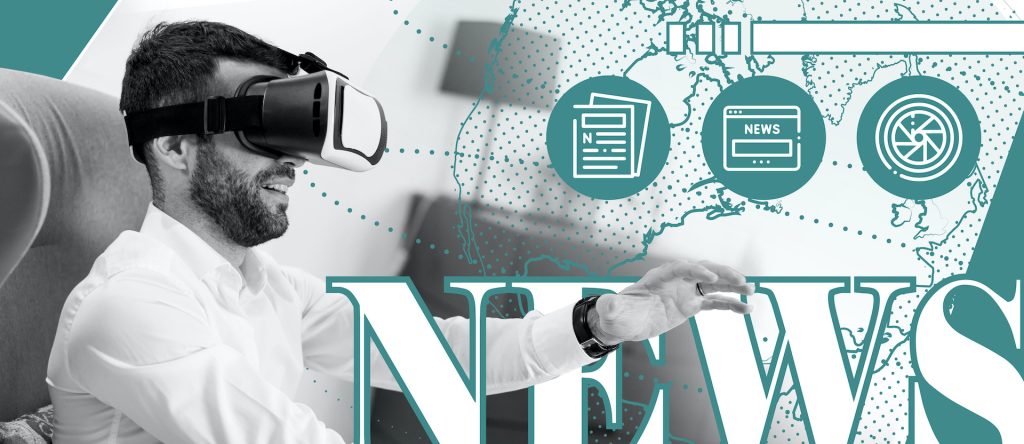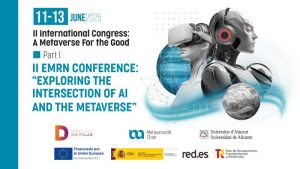
The MetaverseUA Chair Newsletter #7 - March 2024
Hey there, you nerds Metaversian friends!
Aware of your remarkable efficiency and understanding that you’ve already gone through all the readings we proposed in our previous newsletter, we’ve crafted a new edition featuring the latest news regarding virtual worlds and other disruptive technologies to offer you a pleasant diversion while we wait for new materials. What can we say, we’re just that selfless… So grab your coffee and croissant and let the day start!

Breakfast at Mango
Today’s top story highlights a pivotal legal ruling from a Spanish court regarding the metaverse, NFTs, and intellectual property rights. The case examined the actions of the Mango Group, which involved converting their proprietary artistic works into NFTs for display in the Decentraland metaverse and on the Opensea marketplace. This initiative was part of a promotional strategy for the launching of their new magnificent store on Fifth Avenue in New York, where the original artworks were also exhibited.
The crux of the matter for the Court was to determine if turning artwork into an NFT constitutes a transformation that might infringe upon the original creator’s rights, or if owning the physical piece justifies its NFT conversion. This is, whether the defendant’s usage of the artworks constituted a lawful act not requiring permission, or if it represented a violation of the original artists’ rights by altering and publicly showcasing their works across various realms (physical, virtual, and digital) without authorization.
In its deliberation, the Spanish court acknowledged the assimilation of the “fair use” principle within its legal system and closely scrutinized the actions of the Mango Group under its light. The court found that, under Spanish IP law, the group had not infringed the original creators’ rights to transform the artwork. The display of these works was not for commercial gain but purely for exhibition in the New York store and for viewing on the Opensea platform and in the Decentraland metaverse, with no intent of profit. This stance was supported by the artworks being turned into «lazily minted» NFTs, meaning they weren’t formally registered for sale, preventing their transfer, download, or reproduction. The decision by the Mango Group to showcase these pieces stemmed purely from an intent to distinctively commemorate the inauguration of their Fifth Avenue outlet, motivated by emotional considerations, thereby conforming to the «fair use» doctrine. Furthermore, the judicial review concluded that the use of the artworks was «harmless” and it did not undermine the creators’ rights but, conversely, contributed to enhancing the visibility of their works.

Apart from the ruling’s outcome, the Spanish Court offers a thought-provoking insight in its fourth legal rationale (you can check the whole judgment here), which may anticipate how judicial bodies could approach disputes involving the metaverse and IP rights. We present this section in full, as to not misinterpret the intention of the court:
Although the existence of metaverses leads to new forms of exploitation of intellectual property rights not expressly anticipated in our Intellectual Property Act, the infringement of copyright in the metaverse (whether inside or outside; that is, whether works are created within the metaverse by a user through their avatar or are works created in the «real» world and then inserted into the metaverse, as has occurred in this case) will be governed by our current legal framework, applying in the same way to these rights generated in virtual environments, without any particularity (for now), just as has been done so far with infringements committed in traditional digital environments, such as the Internet or video games.
And speaking of this very same topic, we’re thrilled to share a recently published report from the UK IPO, to which Gaetano Dimita and Micaela MacDonald (esteemed collaborators of the Chair) have contributed. This document dives deep into potential IP issues tied to the development of the Metaverse. It kicks off by outlining the Metaverse’s main characteristics and then moves on to identify existing IP issues that already impact proto-Metaverse and will stick around no matter how such technology evolves (e.g., the territorial nature of IP rights). Next up, the report anticipates some fresh IP challenges linked to the unique features of virtual environments (e.g., interoperability or the convergence of physical and digital) and breaks down potential ways to tackle these issues.
The office(s)
The first one is within the soon-to-be-established Spanish Office of Copyright and Related Rights. The Spanish Council of Ministers has recently given the green light to a proposal for a law to set up this new office. The goal? To boost the government’s role in IP matters, enhance the system, and provide superior public services. They’re speeding up the process to get this law passed ASAP, so there is the possibility that the office may start its operations in 2024.
As recognized, a major focus for this body will be defending creators’ rights against AI. Thus, it plans to thoroughly examine AI’s effects on the cultural sector and assess the current legal guidelines to ensure they’re up to date and provide adequate protection for creators.

However, if the first option doesn’t fully grab your interest, there’s another opportunity waiting for you. We’re referring to the European Office of Artificial Intelligence, established in January by an official decision of the European Commission.
This Office is tasked with dual responsibilities. First, as outlined in Article 3 of the Decision, it’s expected to aid in the implementation and enforcement of the forthcoming Regulation that sets harmonized standards for artificial intelligence. In particular, the Office is anticipated to play an important role in the evaluation, oversight, and guidance concerning the deployment of general-purpose AI models. Additionally, the Office has a unique mission of its own, which is to oversee the development and coordination of artificial intelligence policy across Europe. This includes, but is not limited to, monitoring trends in AI markets and technologies and fostering the rapid development, deployment, and adoption of trustworthy AI systems and applications. These efforts aim to deliver social and economic benefits while enhancing the Union’s competitiveness and economic growth.
The formation of this office bolsters the Union’s strategies for overseeing and regulating artificial intelligence. Nevertheless, whether it can truly achieve its objectives remains an open question. Only time will tell.

Gaslight, gatekeep, girlboss!
And now, returning to our favorite gatekeeper… indeed, it’s Apple we’re discussing. In an effort to align with the Digital Markets Act and showcase a positive stance, the company has opted to liberalize its app ecosystem. Future software updates will empower European iPhone and iPad users to explore and download games and apps from alternative app stores. Yet, this apparent act of generosity isn’t without its complications.
To begin with, Apple intends to exercise oversight over the alternative marketplaces that wish to integrate with its operating system, imposing a stringent verification and approval process. Not only that, but developers will still be subject to certain fees. Specifically, for iOS apps with high download volumes from the App Store or alternative platforms, Apple has instituted a so-called Core Technology Fee (CTF), charging developers €0.50 for every first install annually after surpassing one million downloads.
Tim Sweeney, the CEO of Epic Games (and who had already challenged Apple with an antitrust lawsuit in the U.S.) has voiced his disapproval of Apple’s proposed adjustments, doubting their legality under the DMA.
I guess we’ll just have to wait and see how this whole mess unfolds.

Some closing tidbits
Are you passionate about roller coasters yet find them utterly terrifying? Worry not, Honda is looking out for you. This company is crafting a motorized chair that lets you navigate theme parks while plunged into an AR headset adventure.
Named UNI-ONE, these innovative chairs can be steered effortlessly without hand use — a simple lean in the desired direction moves you forward, back, or even diagonally. The vision behind it is to combine it with a mixed reality headset, offering users an engrossing experience with activities such as racing games, in theme parks and similar settings.

And to conclude, a Chinese court has issued a ruling determining that images generated by an AI service infringed the copyright of the Japanese superhero character Ultraman. An unnamed plaintiff, holding partial copyright to Ultraman, sued an undisclosed AI company after its software produced images closely resembling the character. The Guangzhou Internet Court found the AI-generated images substantially similar to Ultraman, indicating potential use of the original for training. The court awarded 10.000 yuan (around 1.275€) in damages. More on the matter, here.

Ctrl+Alt+Goodbye!
Thus concludes the seventh installment of our cherished newsletter, which we hope has been as delightful for you to read as it was for us to compile. But don’t worry, it’s not the end… our newsletter will make a comeback.
Meanwhile, remember the Call for Papers for the forthcoming I International Congress in June. Should you have any fascinating proposals, we warmly invite you to submit them. The good news is, the deadline for submissions has now been extended to March 15th, ensuring you have sufficient time to draft your abstract.
May your code run smoothly, and your quests be grand.





